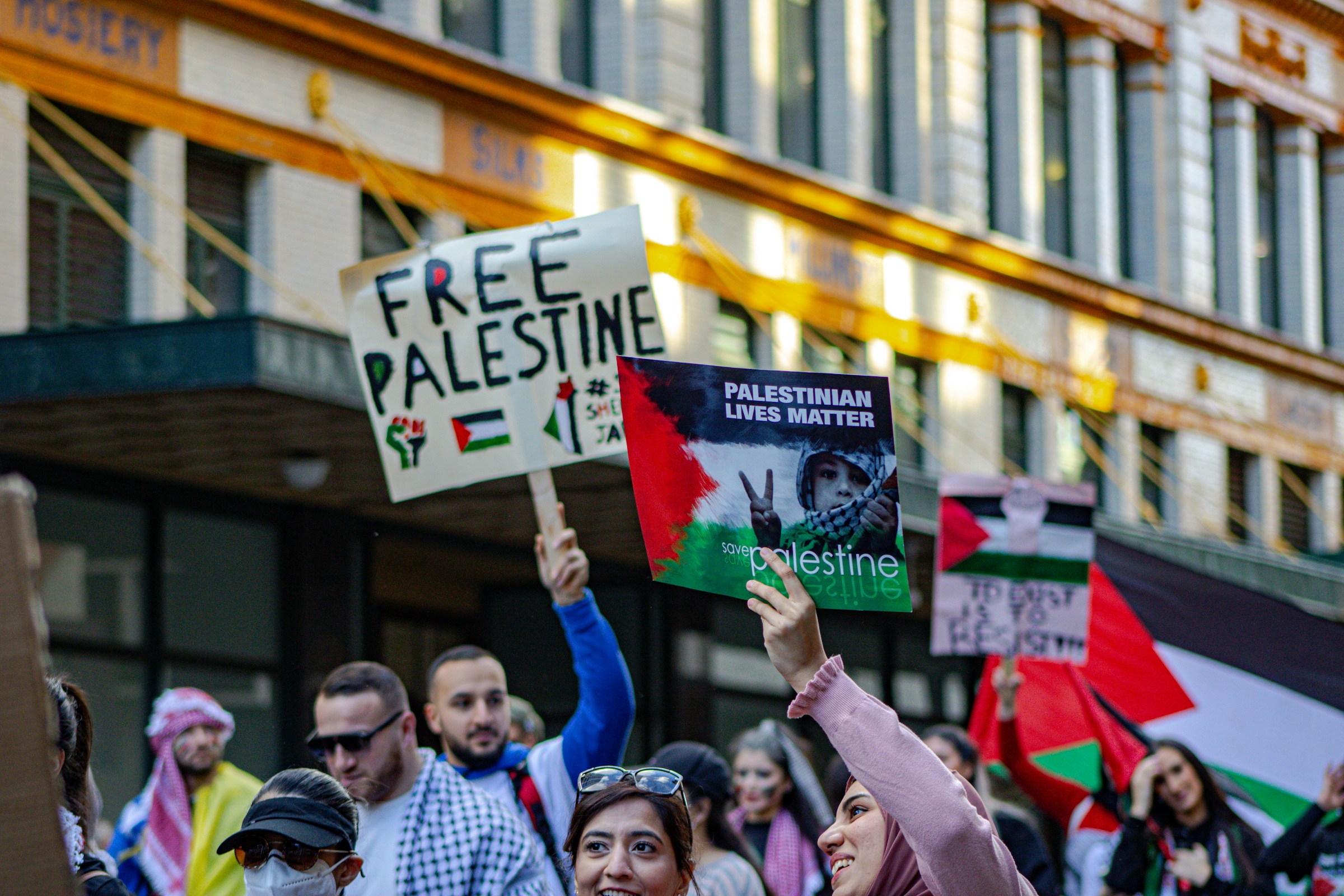The Gaza student controversy at Sciences Po Lille isn’t just about antisemitism, outrage, or even diplomacy. It’s about institutional drift—and what happens when elite academic, social media, and diplomatic infrastructures operate on different rules of engagement.
A student from Gaza was offered a place at Sciences Po Lille following a recommendation by the French consulate in Jerusalem. But within weeks, her enrolment was rescinded after screenshots surfaced showing antisemitic social media posts—specifically, content appearing to glorify violence against Jewish people. France’s Interior Minister called the account “hateful.” The Foreign Minister ordered an inquiry. The university backpedaled. Accounts were deleted. Damage control kicked in.
And still, none of the institutions involved—university, government, platform—could convincingly answer: how did this happen?
Social platforms move fast. Universities don’t. Government vetting? Even slower. In that gap, reputational risk metastasizes. This student’s account, now deleted, reportedly featured reposts calling for the killing of Jews. If that content existed at the time of the French consulate’s recommendation—and was public—then two uncomfortable truths emerge: First, the platform didn’t flag it; second, the diplomatic pipeline didn’t see it.
This is a product logic breakdown. Moderation systems across platforms still rely on reactive user reports or AI models trained on highly contextual speech. That means violent hate speech in Arabic, particularly when embedded in reposted or euphemistic phrasing, can easily pass through filters—even on X (formerly Twitter), where moderation infrastructure has been notoriously weakened post-Musk acquisition.
Universities, meanwhile, are not equipped like immigration agencies or intelligence bureaus. Most admissions teams assume vetting is someone else’s job if a diplomatic channel recommends the candidate. When that assumption fails—as it did here—reputational liability flows back instantly.
Sciences Po Lille stated the student was recommended by the French consulate in Jerusalem. That detail matters. In theory, diplomatic screening is meant to de-risk geopolitical blowback. In practice, it often bypasses the institutional due diligence typically applied to other international candidates. That’s not necessarily negligent—until it is.
Because social platforms don’t treat consular recommendations as trust signals. They don’t boost content moderation around geopolitically sensitive applicants. They just enforce content rules (imperfectly) across billions of users. So now, governments are leaning on platforms to clean up vetting failures, while platforms offload speech responsibility back onto institutions.
France’s response—led by Interior Minister Bruno Retailleau’s order to shut down the “hateful” account—signals how deep this gap runs. The platform wasn’t policed until the scandal became political. By then, the damage was social, not just digital.
What’s breaking here isn’t freedom of expression. It’s layered trust. Universities trust diplomats. Diplomats trust platforms to flag hate speech. Platforms trust automated systems. None of those layers are synchronized.
And when you add geopolitical heat—Israel-Gaza, antisemitism, migration policy—the cost of that drift escalates quickly. This isn’t about whether one student should or shouldn’t have been admitted. It’s about how institutions decide who belongs in transnational spaces—and how fast they retract that belonging when reputational fire starts.
France moved fast to contain the fire. Too fast, in fact, for the student to even present a public defense. Her accounts were deleted. The university cited “values” violations. Officials issued blanket condemnations. Whether she represents a genuine threat or an over-filtered profile matters less to the system than whether the backlash can be contained.
At the same time, Université libre de Bruxelles (ULB) in Belgium is trying to bring in a Gaza-based scholar—Ahmed Alsalibi—who already has a visa and a scholarship but is trapped due to conflict.
That case hasn’t sparked backlash. Why? Because the screening occurred before social presence could become weaponized. And because the university is petitioning to help—not distance—the candidate. It’s a reminder that institutions still have agency. But only when their reputational risks are perceived to be low.
The Gaza student episode at Sciences Po isn’t just a PR crisis. It’s a product failure—on every layer. The social platform’s content governance missed high-risk speech. The diplomatic endorsement didn’t include reputational risk mapping. The university assumed that trust could be outsourced. And when it couldn’t, the retraction came fast and hard—not because it was necessarily right, but because it was necessary to close the loop before the institution burned.
This is the new cost of institutional onboarding in a networked world: content trails are permanent, platform governance is fragmented, and moral clarity moves faster than due process. For founders building onboarding systems, or universities expanding access, the lesson is clear: if you rely on another system’s trust signals—platform, consulate, or AI—you’d better be ready to own their blind spots. Because reputational blowback moves faster than vetting ever will.














